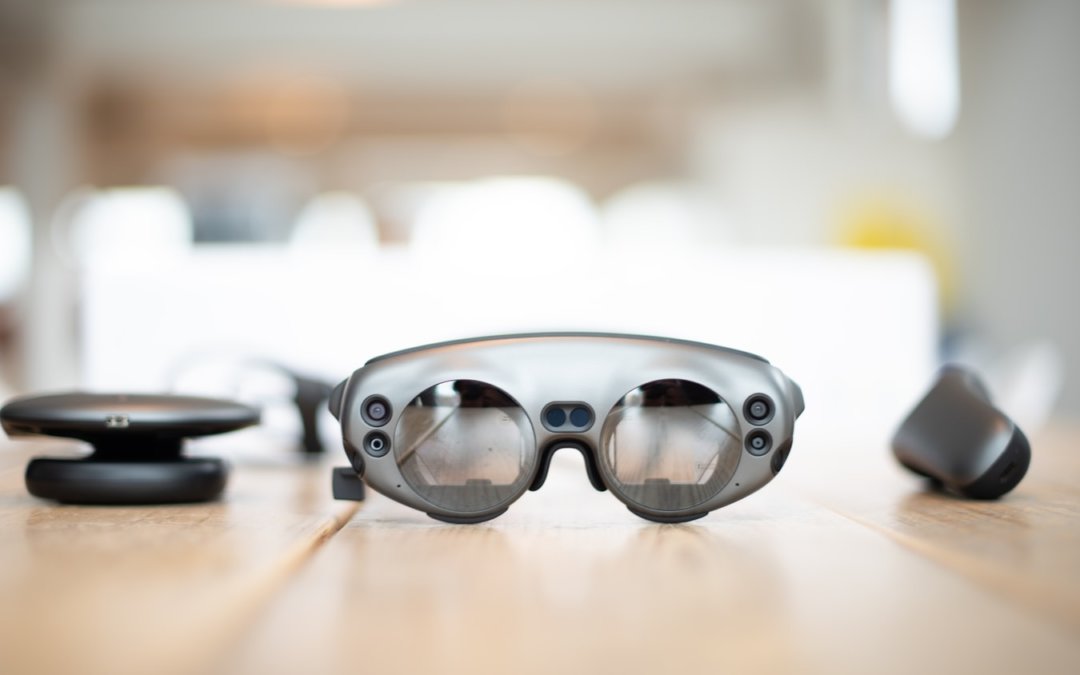Augmented reality (AR) is making a huge impact on virtually every sector and industry. In the real estate industry, AR continues to positively impact the way real estate investors go about their business.
From aiding in the visualization of real estate concepts and designs to enabling customers to get an immersive composite view of real estate properties, augmented reality is considered a modern-day essential in real estate operations. Here are the notable dominant impacts of AR in the commercial and residential real estate industries.
Immersive property tours
In the real estate world, seeing is believing. Customers are highly specific with the particular real estate property details before they make a decision. For property developers and marketers, emphasis should be put on ensuring that customers get a comprehensive overview of the properties as part of the real estate lead generation processes. To increase their chances of success, in this regard, property managers have to employ augmented reality in order to give customers an engaging and immersive tour of a given property.
The role of AR here is to ensure that customers can virtually interact with all features and segments of a real estate property. AR comes in handy in allowing customers to visualize certain areas that are hard to reach and those that are beyond the eyesight. So far, it has been reported that this technology has a 51% chance of boosting sales.
Saving time and resources
For customers to make an informed decision relating to properties, they must get a comprehensive overview of all properties and all options presented in the market. If the sales agents were to give a personalized guided tour of the real estate property, this would be a time-consuming and resource-intensive process. Augmented reality comes in handy in helping cut on time and resources that would have otherwise gone into facilitating a guided tour of properties.
Computer-generated images give the customers an immersive experience without necessarily having to visit every property in person. Besides, the technology is quite resourceful as customers can remotely access the properties on their mobile apps, laptops, or even computers without even visiting the properties’ offices. For property developers and managers, this is proving to be a huge game-changer in helping offer differentiated services with better customer engagement.
